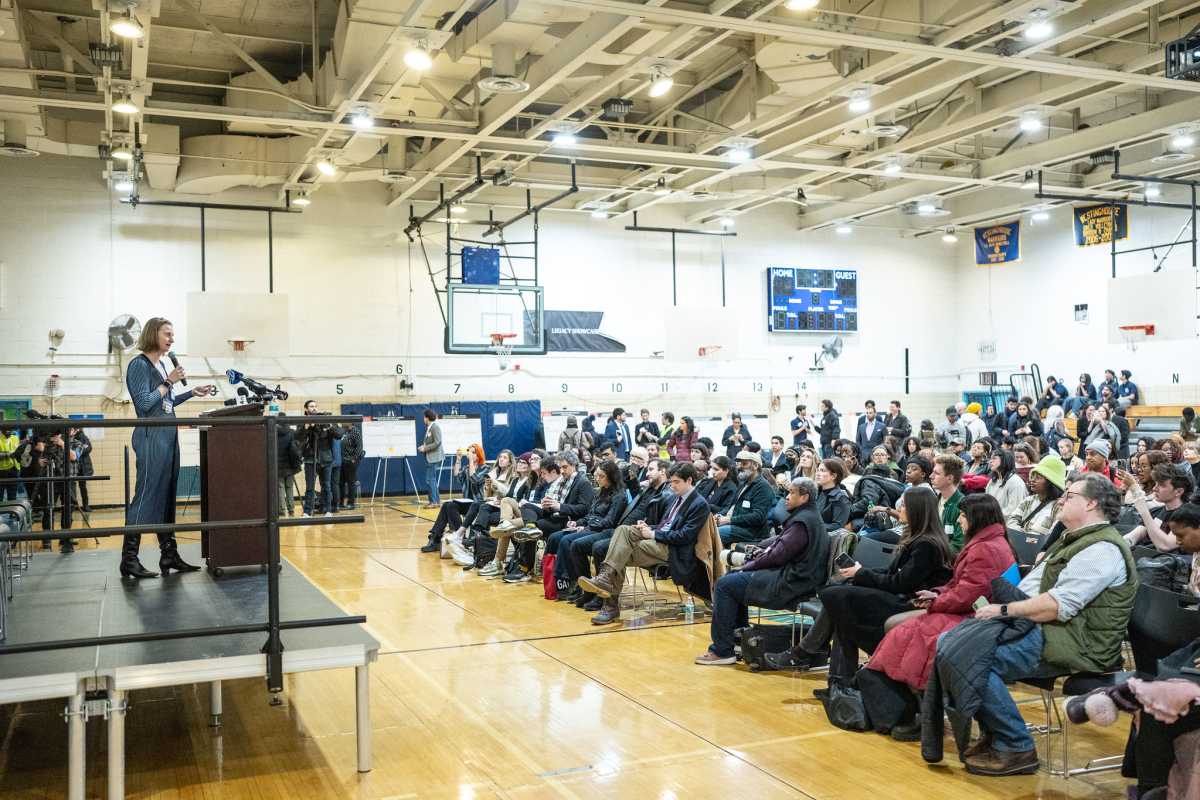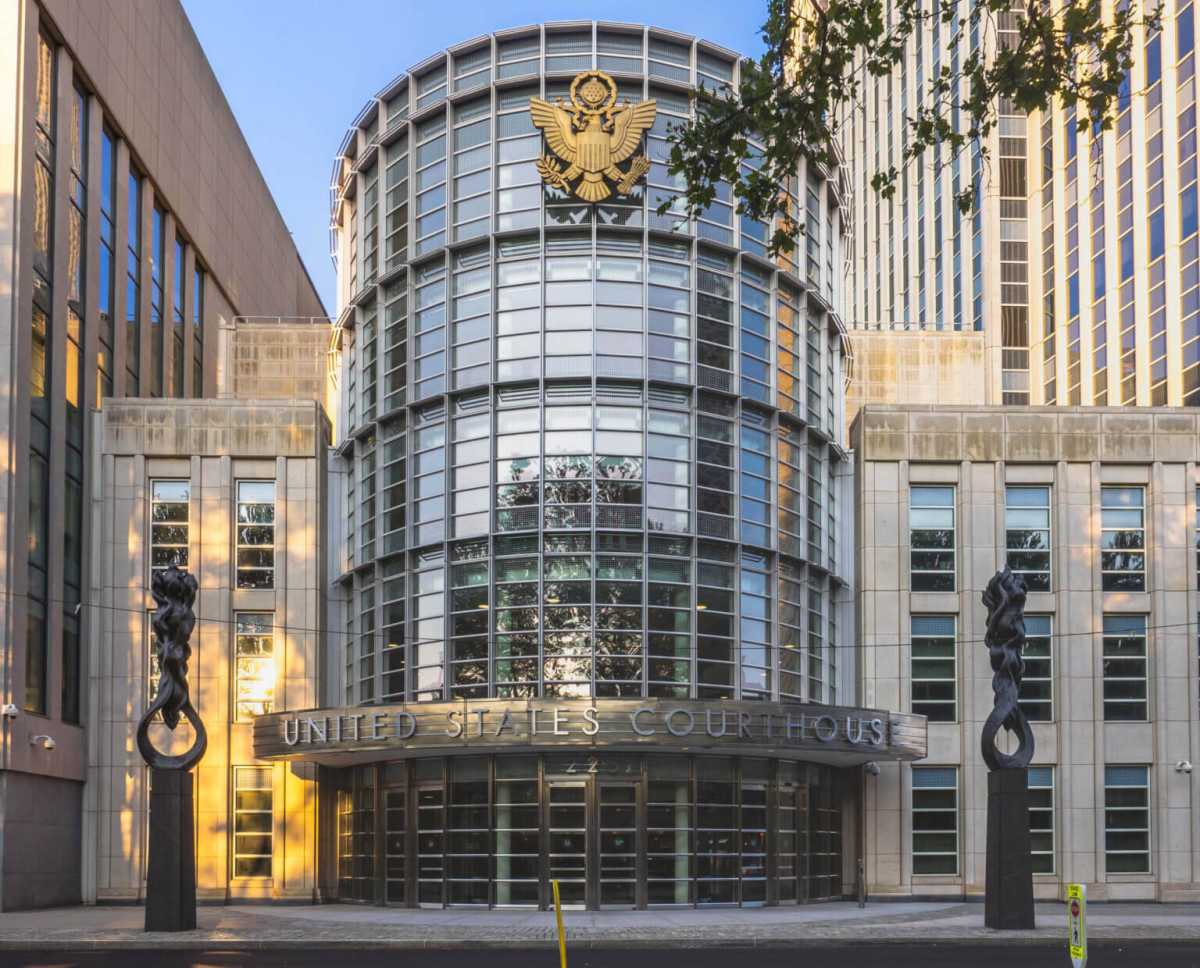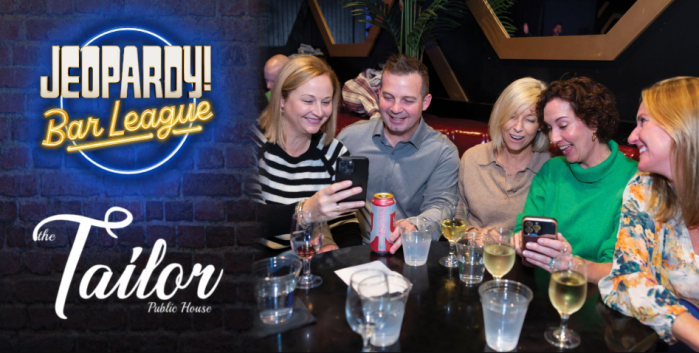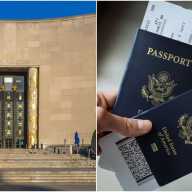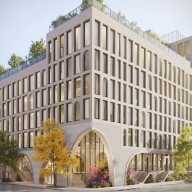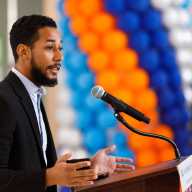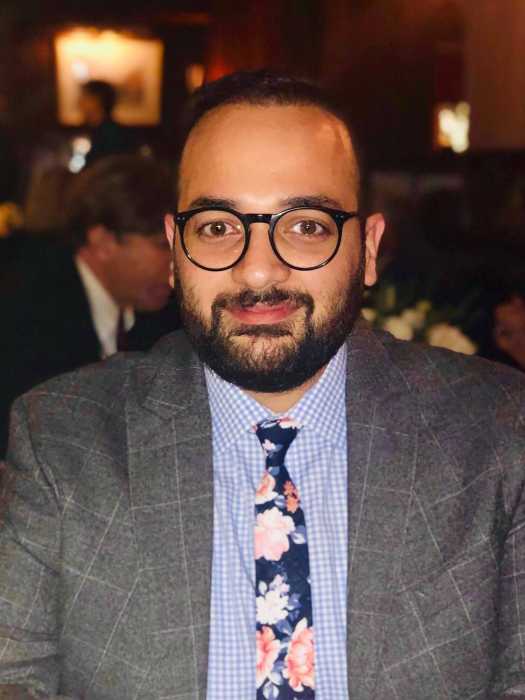Jurors who convicted Bay Ridge resident Shahawar Matin Siraj this week for plotting to blow up the Herald Square subway station rejected the defense contention that Siraj had been entrapped by a paid informant and an undercover police officer who spied on the neighborhood’s large Muslim community.
Siraj’s defense maintained that his views that the United States government was involved in the 9-11 attacks were “community-based notions” held among many Bay Ridge muslims.
“In fact, in that entire Muslim community in Bay Ridge, the thought that the American government was responsible for bringing down the towers on 9-11 was common,” said one of Siraj’s attorneys, Martin Stolar.
The undercover cop, identified in court by the pseudonym “Kamil Pasha,” had testified that “not everybody felt that way.” The New York Police Department said Pasha’s job was to spy on the Bay Ridge Muslim community.
Outside the presence of the jury, Stolar told judge Nina Gershon that if Siraj’s opinions were held to show a pre-disposition to terrorism, it “would put the entire Muslim community around Bay Ridge in a predisposition mode — that everyone has a predisposition to commit an attack.”
Pasha also testified that Siraj praised Osama bin Laden and Palestinian suicide bombers.
Muslims in Bay Ridge, some who knew Siraj and some who did not, expressed anger at the disclosure that the NYPD spied on them.
“This was a confirmation of what we already knew … and have known since 9-11,” said Linda Sarsour, a Muslim activist who prays at the same Islamic Society of Bay Ridge mosque where Siraj occasionally worshipped.
Sarsour and others said the NYPD spying program would convince people that Muslims are guilty until proven innocent.
“I am an American citizen, like everyone else,” said Abdel Hamid Hassan, who brought his two children to pray at the mosque last week. “[The danger] is not us — we live here. How could I destroy the place I live in? Everybody I know follows the rules of this country.”
Sarsour especially complained about “raids” of cafes frequented by Muslims along 69th Street and Fifth Avenue, with authorities asking patrons for identification and taking some away for questioning. Police vans hover outside the mosque and FBI agents sometimes leave business cards on people’s doors, she said.
“[The suspicion] causes people to not be active in the community, to be isolated,” said Sarsour. “People go to from work to home, from school to home.
“Last week, we had a Palestinian march, and there should have been 2,000 people at least [but] there were [only] 350 or so,” added Sarsour. “No one wants to give political opinions.”
Islamic Society spokesman Wael Mousfar said the NYPD spying program “has put fear in people’s lives. It’s not a good feeling. People feel very uncomfortable doing anything, talking to anyone, even gathering together.”
“I don’t think that surveillance of any ethnic or racial group is a good tool,” said Maria Haberfeld, chair of the law, police science and criminal justice administration department at John Jay College of Criminal Justice. “In fact, it can breed problems and alienate the group or community.”
Haberfeld said such surveillance is only useful “if you have some sort of intelligence about somebody who frequents a particular group or community.”
The NYPD would not discuss the surveillance program with The Brooklyn Papers.
Before disclosing the surveillance program at Siraj’s trial, police officials had been courting the Bay Ridge Muslim community.
Earlier this month, a high-ranking inspector visited the mosque to talk about community concerns. A week later, Commissioner Ray Kelly visited Bay Ridge and was peppered with questions about the surveillance.
The police department’s efforts are paying off with some Muslims.
“The country has the right to do anything to secure the life of the people,” said Mustafa Ali, who sometimes prays at the mosque.
Ironically, what worries some Muslims even more than their treatment by the authorities is how their neighbors will view them now. Some would have preferred that NYPD’s spying program never been publicly revealed.
“It doesn’t paint a good picture of us,” said Sansour.
“The other communities — the Christian and Jewish communities we have been trying to build bridges with — must think we have done something wrong … For them to hear ‘FBI’ and ‘informants,’ it gets them a little scared.”



